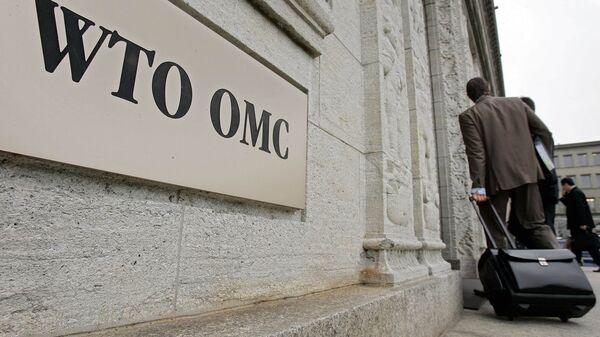
NEW DELHI :India is preparing the groundwork for its own carbon border tax to strike back against a similar move by the European Union (EU), two people aware of the discussions in the government said. New Delhi is peeved by the EU’s move to link the environment with trade, though there were no such considerations while Europe industrialized.
NEW DELHI :India is preparing the groundwork for its own carbon border tax to strike back against a similar move by the European Union (EU), two people aware of the discussions in the government said. New Delhi is peeved by the EU’s move to link the environment with trade, though there were no such considerations while Europe industrialized.
The finance and commerce ministries are discussing the contours of such a mechanism, particularly about measuring the carbon content in products imported from Europe, said one of the people cited above, both of whom spoke on condition of anonymity.
The finance and commerce ministries are discussing the contours of such a mechanism, particularly about measuring the carbon content in products imported from Europe, said one of the people cited above, both of whom spoke on condition of anonymity.
Subscribe to Continue Reading
“We are working out the contours of how a carbon tax will work. Retaliation can be in two ways. One is to do something similar, for which we need to measure the carbon content in imports. The second option is to retaliate on something else, but that option is not being looked into. The first option requires a lot of work, and we are doing the homework,” the person cited above said.
The second person added, “The (EU’s) carbon border adjustment mechanism (CBAM) is just a customs duty by another name. Going by the logic behind this levy, we are also free to impose a tax on imports taking into account historic carbon emissions by them.”
The views expressed by the two people privy to the government’s thinking show New Delhi is disturbed by the EU’s move and is willing to retaliate.
The EU’s carbon tax is based on its domestic emission standards and a price to be paid for excess emissions. The scheme gets into a global transition phase in October and becomes fully effective in January 2026. It would initially cover cement, iron and steel, aluminium, fertilizers, electricity, hydrogen and their precursors. Many fear this list may expand in the future, impacting developing countries such as India. Once the permanent system kicks in, importers into EU will need to report the quantity of annual imports and their embedded greenhouse gases. They will then surrender the corresponding number of CBAM certificates available at a price. The price is computed as the weekly average auction price of the EU’s emission allowances—the right to emit a specific amount under its Emission Trading System expressed as euros per tonne of carbon, according to the EU’s documents seeking feedback.
Experts said linking environment and trade has the potential to distort global trade, and it implies that certain countries are pollution havens based on one entity’s domestic standards and legislation. Also, World Trade Organization (WTO) rules do not explicitly link the environment with global trade.
According to Biswajit Dhar, economist and expert in international trade, CBAM can be seen as a “non-tariff barrier”, which is illegal according to WTO, unlike ‘non-tariff measures such as anti-dumping action, which are seen as barriers but are allowed by WTO. “The EU’s application of domestic standards to global trade does not set the right precedent,” Dhar said, adding that wherever possible, India has voluntarily embraced certain the EU emission norms, such as vehicles.
A newly formed inter-ministerial group with officials from across the ministries is looking at all possible ways to soften the impact of not just the EU’s CBAM but also similar legislation that is increasingly being considered by several developed nations such as Japan, the UK and the US. Commerce secretary Sunil Barthwal last week said India sought exemption for its small businesses from the EU’s carbon tax.
India is focusing on developing its own carbon pricing system and pushing for its recognition globally so as to avoid a default value put on Indian exports. The Energy Conservation (Amendment) Act, 2022, passed by Parliament last year, seeks to empower the central government to specify a carbon credit trading scheme.
Emails sent to the spokespeople for finance and commerce ministries on Friday seeking comments for the story remained unanswered.
Government officials said that CBAM breaches the basic principle of international environmental law of common but differentiated responsibilities (CBDR) that suggests that all states are responsible for addressing global environmental destruction, but they are not equally responsible and that there is a need to recognize the wide differences in levels of economic development between states and their contribution in battling climate change.






